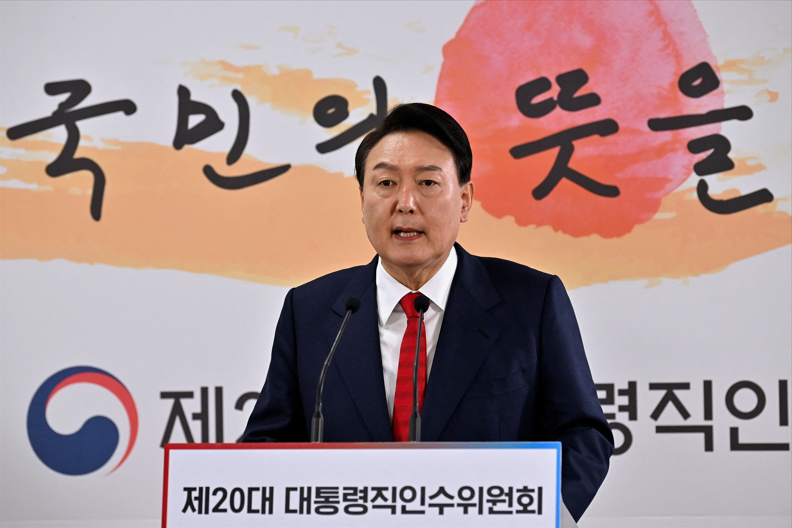
Jia Qingguo, Director and Professor, Institute for Global Cooperation and Understanding, Peking University
May 05, 2022
The demonization of China that began during the Trump presidency has persisted. Bilateral relations are morphing from a competition over interests to a struggle over values and identity. The near future looks bleak, but there’s hope further down the road.

Francesca Ghiretti, Leverhulme Doctoral Fellow, Centre for Grand Strategy, King's College London
May 03, 2022
The EU-China summit seemingly left both sides with a bad taste in their mouths, but it could be the start of a new relationship dynamic between the two powers.
Dan Steinbock, Founder, Difference Group
Apr 28, 2022
The Philippine 2022 presidential election is just days away. The highly popular president Duterte is likely to be succeeded by the “Bong Bong” Marcos and Sara Duterte, who will build on his legacies. The opposition’s proxy campaign has failed.
Lucio Blanco Pitlo III, President of Philippine Association for Chinese Studies, and Research Fellow at Asia-Pacific Pathways to Progress Foundation
Apr 22, 2022
Rodrigo Duterte led the Philippines in the last six years with his own brand of populist, oft-criticized leadership. While his successor may not inherit his bombastic attitude, they will have to take over relations with an ever-powerful China and a long festering maritime row.
Zhang Yun, Professor, School of International Relations, Nanjing University
Apr 20, 2022
The domestic and foreign policies of the United States will both return to the pragmatic tradition, partly because of the diverse nature of the country. At the same time, pragmatic diplomacy in a pluralistic world will improve international relations.

Wang Fudong, Assistant Research Fellow, Institute of International Economics and Politics, Shandong Academy of Social Sciences
Apr 20, 2022
As it grows stronger, South Korea naturally wants to play a bigger role in world affairs. But drawing close to the U.S. in all fields to elevate its importance will ultimately constrain its diplomatic space and flexibility.

Sun Chenghao, Fellow, Center for International Security and Strategy of Tsinghua University; Munich Young Leader 2025
Apr 20, 2022
The U.S. is currently attempting to lump China with Russia, but the conflict in Ukraine is not likely to change America’s competitive strategy toward China in the long run. The U.S. will continue to focus on the Indo-Pacific region.
Yuan Zheng, Researcher, Chinese Academy of Social Sciences
Apr 06, 2022
After the Soviet Union collapsed, the U.S. gradually began pointing its finger at China. Now it’s asking China to stab Russia in the back. One cannot help but ask: After burying Russia, as it hopes, does the U.S. expect to lead its Western allies to bury China?
Yang Yao, Professor, China Center for Economic Research and the National School of Development at Peking University
Apr 05, 2022
The Ukraine war has put China in a bind. As a friend of both Russia and Ukraine, China has no desire to pick a side. On the contrary, conventional Chinese wisdom dictates that, when two friends fight each other, the primary objective must be to end the conflict through mediation. While China’s balanced stance has aroused more than a little suspicion, it could end up hastening the end of the war – and easing tensions with the United States.
Peng Nian, Director of Research Centre for Asian Studies, China
Apr 05, 2022
China and the United States engage in different ways with other countries. China knows what ASEAN member states really want, while the U.S. maintains the notion of “America first.” It’s only natural for ASEAN leaders to act in their national self-interest.
Back to Top

- China-US Focus builds trust and understanding between the U.S. and China through open dialogue among thought leaders.
- Our Offerings
- Topics
- Videos
- Podcasts
- Columnists
- Research Reports
- Focus Digest
- Stay Connected
-
Thanks for signing up!
- Get the latest stories from China-US Focus weekly.